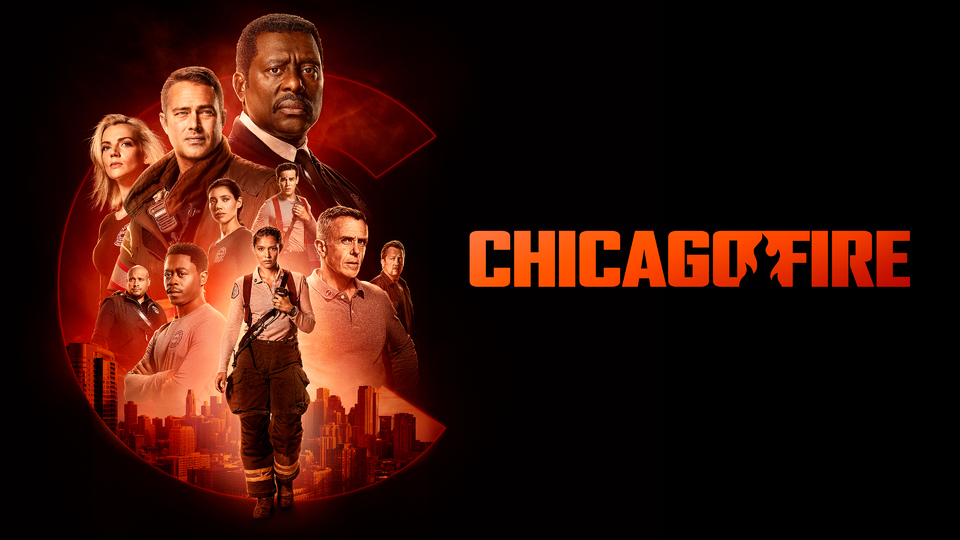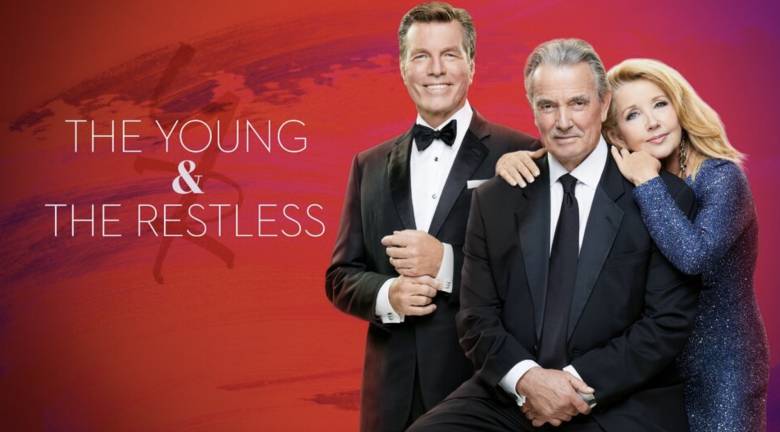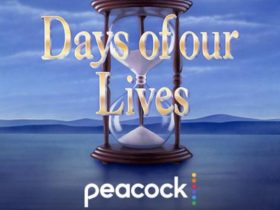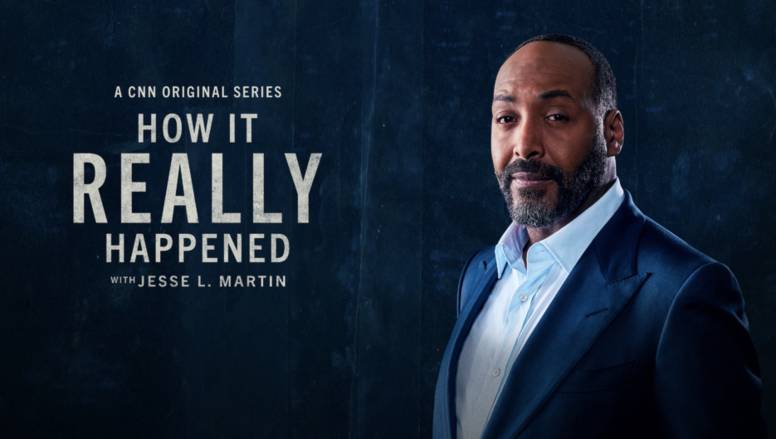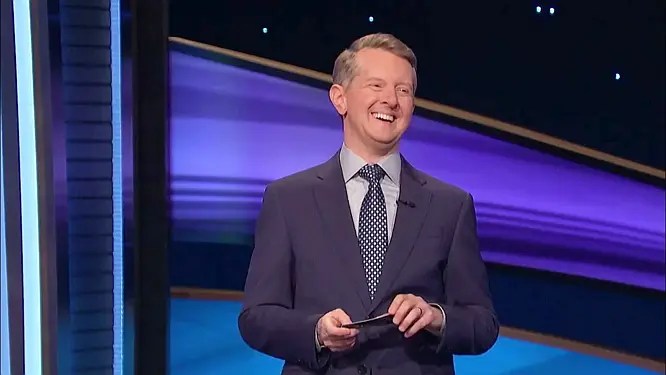“Good evening”
There are people around today who will still fall to the ground, quaking in fear, at the mere sight of Alfred Hitchcock’s portly silhouette. Not that we blame them. When that deadpan British film director—“The Master of Suspense”—walked onto the screen, you could be sure that your fingernails would be raking the underside of the couch before the hour was through. Hitchcock had earned his heart-stopping credentials through feature films like The Lady Vanishes, Spellbound, Notorious, Strangers on a Train, Rear Window and Dial M for Murder, and in 1955, the Master brought his macabre sense of horror and humor to the small screen.
Alfred Hitchcock Presents was an anthology series, but one thing was constant: the on-screen introductions and wrap-ups by Hitchcock himself. Accompanied by the unforgettable “Funeral March of a Marionette” theme music, Hitchcock delivered—with his characteristic dry wit—the set-up to this week’s tale of terror. Many stories involved typical Hitchcock motifs—plots to kill spouses, false accusations, suspicious neighbors, murder cover-ups and other unpleasantries—but the series also made room for the occasional Twilight Zone-esque supernatural goings-on (or were they supernatural?).
Lamb To The SlaughterAlfred Hitchcock directed 20 episodes himself, including the memorable debut episode, “Revenge,” in which a traumatized woman leads her husband to take vengeance on the man who assaulted her (or did he?). Even when he didn’t direct, the Master was always there to provide the opening tidbits and a brief epilogue, explaining to the viewers at home that the bad guys didn’t really get away with it in the end, no matter how much it looked like they did. In this sneaky way, Hitchcock got to air his disturbing tales with minimal interference from moral watchdog groups.
As an anthology series, the show had plenty of room for celebrity guest spots, and Alfred Hitchcock Presents had recognizable faces both from years past (Peter Lorre, Claude Rains) and from up-and-comers like Robert Redford and Katharine Ross. Some made multiple appearances, like Phyllis Thaxter (eight), Robert H. Harris (eight) and Vertigo co-star Barbara Bel Geddes (four).
Alfred Hitchcock Presents ran a full ten years in its original run, and its syndicated reruns proved equally successful. Alfred Hitchcock died in 1980, but in a perverse nod to the director’s macabre sense of humor, Hitchcock was brought back from the dead to host a revival of his old show.
Starting in 1985, a new Alfred Hitchcock Presents on NBC used colorized footage of Hitchcock’s old intros to segue into new series episodes. Some were remakes from classic scripts, but others were entirely original (except for the recycled director, of course). This updated Alfred Hitchcock Presents ran for two seasons of original episodes, both on NBC and later on cable’s USA Network.
production details
USA / CBS – NBC – Shamley / 268×30 minute episodes 93×60 minutes / Broadcast 2 October 1955 – 6 September 1965
Creator: Alfred Hitchcock / Theme Music: Gounod’s Funeral March of a Marionette

